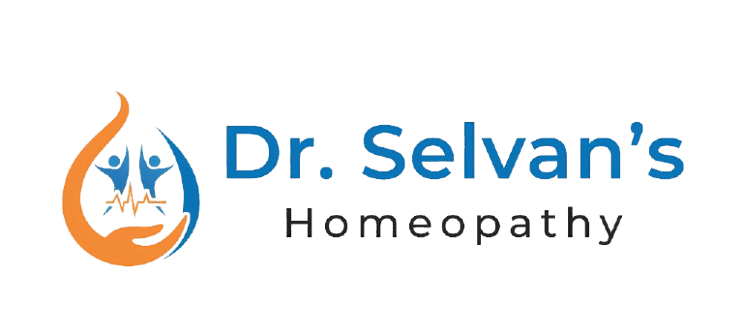Understanding Homeopathy: Beyond the Myths
Despite its 200-year history and worldwide popularity, homeopathy is often misunderstood. Many misconceptions about homeopathy stem from a lack of familiarity with its principles and practices. In this article, we aim to address some common myths and provide accurate information about this therapeutic system.
Myth: Homeopathy is just a placebo effect
Fact:
Multiple double-blind, placebo-controlled clinical trials have demonstrated that homeopathy produces results significantly better than placebos. Over 600 published research studies, including 180 controlled and 120 randomized trials, support homeopathy's effectiveness for various conditions.
Myth: There is no scientific evidence supporting homeopathy
Fact:
There is a substantial body of scientific evidence supporting homeopathy, including studies published in peer-reviewed journals such as The Lancet, British Medical Journal, and Pediatrics. Research continues in countries like Germany, Switzerland, and India, where homeopathy is widely practiced.
Myth: Homeopathic remedies are so diluted that they can't possibly work
Fact:
While homeopathic remedies are indeed highly diluted, research in the fields of nanomedicine and quantum physics suggests potential mechanisms for their action. Studies have shown that the process of serial dilution and succussion (vigorous shaking) creates nanoparticles of the original substance that may have biological effects.
Myth: Homeopathy is dangerous and delays proper medical treatment
Fact:
Homeopathy is one of the safest medical approaches available. When practiced by qualified professionals, it poses no risk of side effects or drug interactions. Many homeopaths refer patients to conventional doctors when necessary, and homeopathy can work alongside conventional medicine for many conditions.
Myth: Anyone can practice homeopathy without proper training
Fact:
Professional homeopaths undergo extensive training—typically 3-4 years of study followed by clinical practice. In many countries, homeopathy is regulated, requiring practitioners to meet specific educational and clinical requirements to be licensed or registered.
Myth: Homeopathy can't treat serious conditions
Fact:
While homeopathy may not replace emergency medicine for acute life-threatening conditions, it can effectively treat many serious chronic conditions when properly prescribed. Historical records show homeopathy's success during epidemics like cholera in the 19th century, with lower mortality rates in homeopathic hospitals.
Myth: Modern medicine has made homeopathy obsolete
Fact:
Despite advances in conventional medicine, homeopathy continues to grow worldwide. It offers solutions for many chronic conditions where conventional medicine struggles, and its holistic approach addresses aspects of health that conventional medicine often overlooks.
Myth: Homeopathy was invented by an unqualified person
Fact:
Dr. Samuel Hahnemann, the founder of homeopathy, was a qualified physician with an MD degree. He was also a chemist, linguist (knowing 8 languages), and scholar who developed homeopathy through systematic experimentation and scientific observation over many years.
The Scientific Basis of Homeopathy
A common misconception is that homeopathy lacks scientific support. However, research in homeopathy continues to grow, with studies published in peer-reviewed journals exploring its mechanisms and clinical applications.
Some researchers suggest that the process of potentization—serial dilution and succussion (vigorous shaking)—may create nanostructures or "nanobubbles" that could interact with the body's cellular and molecular systems. Other theories involve quantum effects, epitaxy (the transfer of information from substances to their dilution medium), and water memory.
While more research is needed to fully understand how homeopathy works, the growing body of positive clinical outcomes suggests that there are mechanisms at play beyond the placebo effect.
Homeopathy in Clinical Practice
At Dr. Selvan's Homeopathy, we've witnessed the effectiveness of homeopathic treatment across a wide range of conditions. Our patients often come to us after trying various conventional treatments without success, and many find relief through our personalized homeopathic approach.
We believe in an integrative approach to healthcare—one that recognizes the value of both homeopathy and conventional medicine. In some cases, the best results come from combining approaches, while in others, homeopathy alone may provide the solution.
Making Informed Healthcare Choices
We encourage patients to approach all healthcare options with an open but critical mind. When considering homeopathy:
- Consult with qualified practitioners who have proper training and credentials
- Maintain open communication with all your healthcare providers
- Don't delay seeking conventional medical care for serious or emergency conditions
- Be wary of exaggerated claims or promises of miracle cures (in any medical system)
- Ask questions and seek to understand your treatment options
At Dr. Selvan's Homeopathy, we are committed to providing accurate information, evidence-based treatment, and transparent communication to help you make informed decisions about your health.
